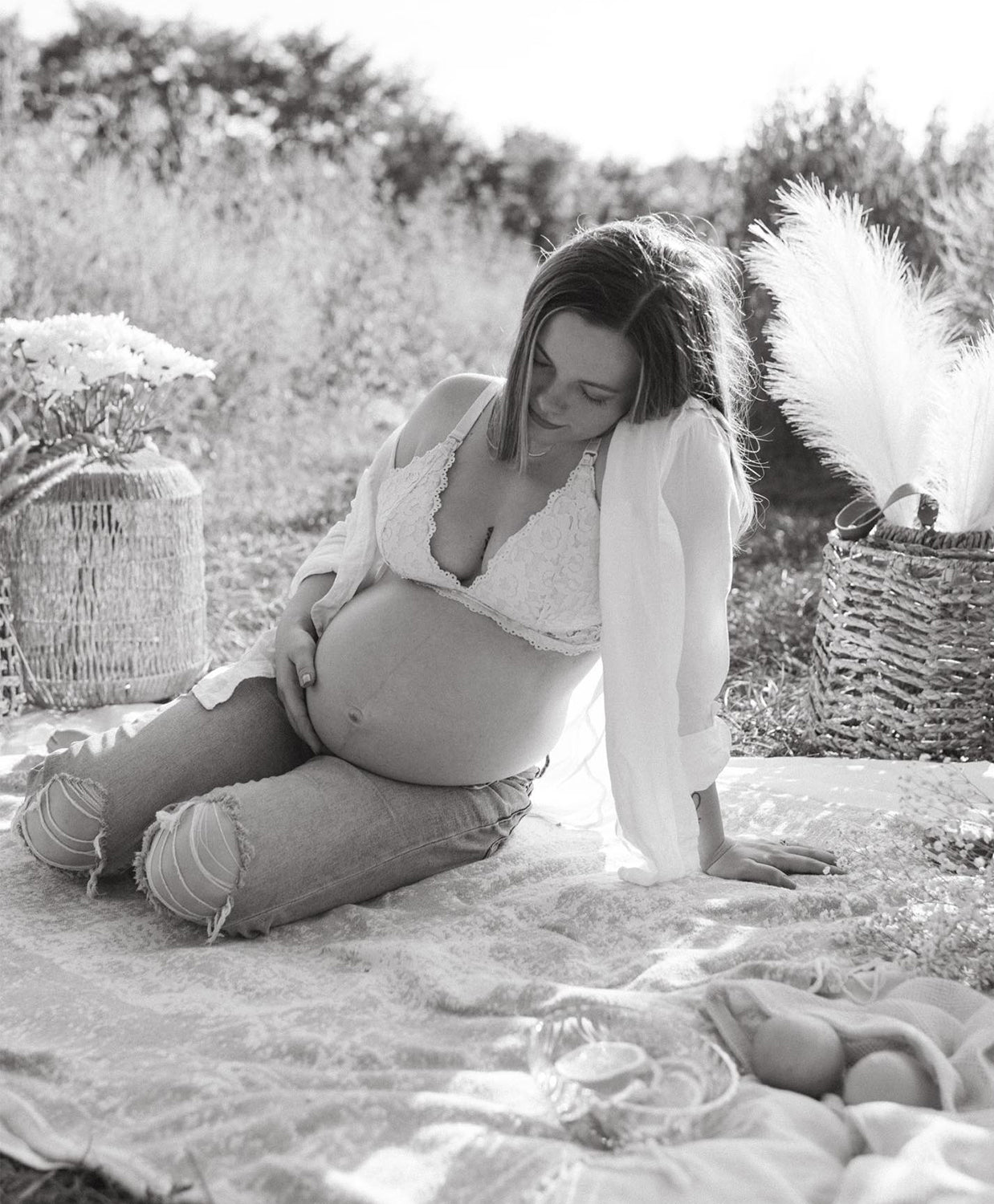Breastfeeding is a beautiful yet often challenging experience for many new mothers. As the body adjusts to the demands of feeding a newborn, it's normal to encounter a range of physical changes. One such change that may raise concern for some women is bleeding on and off while breastfeeding. But is this something to worry about, or is it simply a part of the process? Let’s explore the reasons behind this and when you should seek medical advice.
The Connection Between Bleeding and Breastfeeding
The act of breastfeeding involves much more than just feeding your baby. It triggers several hormonal changes in your body. These hormones, including prolactin and oxytocin, help with milk production and the let-down reflex. However, these same hormones can sometimes influence your menstrual cycle and your body’s ability to heal after childbirth.
For many women, postpartum bleeding (lochia) is common in the first few weeks after childbirth. This bleeding typically subsides after a few weeks, but it can resurface, especially for breastfeeding mothers. The reasons for this vary, and understanding them can help you differentiate between what’s normal and what may require medical attention.
Hormonal Changes and Their Impact
Breastfeeding triggers a hormonal response that suppresses ovulation. This suppression can sometimes cause irregularities in your menstrual cycle, leading to intermittent bleeding. Some women may experience spotting or light bleeding even months after giving birth, which can be linked to the return of their menstrual cycle or other factors influenced by breastfeeding.
During the early stages of breastfeeding, prolactin levels are high, which inhibits the normal cyclical hormone fluctuations that lead to menstruation. As the frequency of breastfeeding decreases, prolactin levels may drop, signaling your body to resume ovulation. This change can lead to light bleeding or spotting in the middle of breastfeeding, especially if you are in the process of weaning or have recently reduced the number of feedings.
Physical Recovery After Birth
The physical recovery of your uterus and reproductive system after childbirth plays a significant role in any bleeding you may experience. After giving birth, the uterus begins to shrink back to its normal size, a process called involution. This can lead to some light bleeding or spotting, particularly if you are breastfeeding frequently, which helps contract the uterus. In some cases, this can lead to what appears to be "on-and-off" bleeding for weeks after delivery.
Additionally, if you had a cesarean section or any tearing or stitching during childbirth, the healing process can be a bit longer, and occasional bleeding can occur as your body continues to heal. Your uterus and cervix are still adjusting, and breastfeeding can stimulate these areas, potentially causing some bleeding.
Other Potential Causes of Bleeding While Breastfeeding
While bleeding during breastfeeding can often be attributed to normal postpartum changes, other factors might contribute to this symptom. Some of the potential causes of bleeding during breastfeeding include:
Postpartum Infection: Infections can occur after childbirth, particularly in the uterus or genital tract. These infections can sometimes lead to bleeding, which may seem to coincide with breastfeeding due to the hormonal effects of nursing.
Uterine Abnormalities: If you have an underlying condition such as fibroids or an abnormality in your uterus, these can cause abnormal bleeding, which might occur intermittently while breastfeeding.
Breastfeeding-Related Injury: Sometimes, the intense pressure and friction caused by nursing can lead to minor injuries around the nipples or the area near the areola. These injuries can cause light bleeding or even mild discomfort, particularly if the baby has a poor latch.
When to Seek Medical Attention
While bleeding on and off during breastfeeding is often nothing to worry about, there are times when you should seek medical attention. These include:
Heavy Bleeding: If the bleeding is heavy, like a menstrual period, or lasts longer than a few days, it's essential to see a doctor. This could indicate an underlying issue that needs professional evaluation.
Painful Bleeding: If the bleeding is accompanied by severe pain, particularly in the lower abdomen or pelvis, it may signal an infection or another complication that requires attention.
Postpartum Complications: If you experience signs of postpartum complications, such as fever, foul-smelling discharge, or severe abdominal pain, it’s important to consult a healthcare professional as soon as possible.
Excessive Bleeding After Weaning: If you notice heavy bleeding after you’ve stopped breastfeeding or significantly reduced feedings, it might be due to hormonal imbalances or a potential issue with your reproductive organs.
What You Can Do
If you're experiencing light bleeding or spotting while breastfeeding, there are a few steps you can take to help manage your symptoms:
Maintain Regular Check-Ups: Keep regular appointments with your doctor to ensure your recovery is progressing as expected, and discuss any concerns you have about bleeding.
-
Monitor Your Bleeding: Keep track of how often you're bleeding, how heavy it is, and whether there are any other symptoms, such as pain or fever. This will help your doctor better understand your situation if you need to seek medical advice.
Take Care of Your Body: Ensure you’re getting enough rest, staying hydrated, and eating a balanced diet to help support your body’s healing and hormonal regulation.
Conclusion
In many cases, bleeding on and off during breastfeeding is a normal part of the postpartum recovery process. Hormonal fluctuations, the physical healing of your uterus, and breastfeeding itself can contribute to irregular bleeding. However, it’s always essential to monitor your symptoms and seek medical advice if you experience heavy bleeding, pain, or any other signs of complications.
FAQs
Can breastfeeding cause irregular bleeding?
Yes, hormonal changes associated with breastfeeding can lead to irregular bleeding or spotting, particularly in the early months.
How long does postpartum bleeding last while breastfeeding?
Postpartum bleeding usually subsides within a few weeks, but some women may experience occasional bleeding for several months, especially if they are still breastfeeding.
Should I worry if I bleed while breastfeeding?
Not always. Occasional light bleeding or spotting is common, but if the bleeding is heavy, painful, or persistent, it’s important to seek medical advice.





















